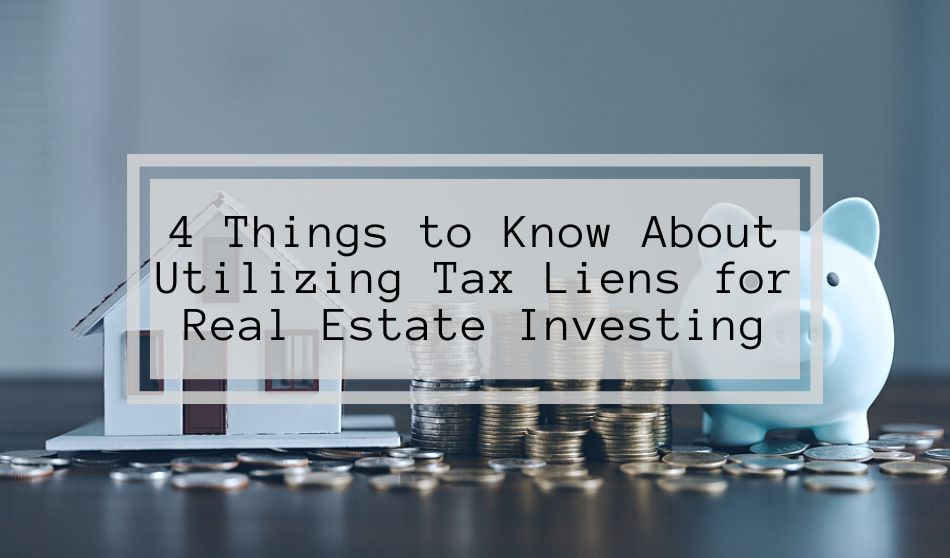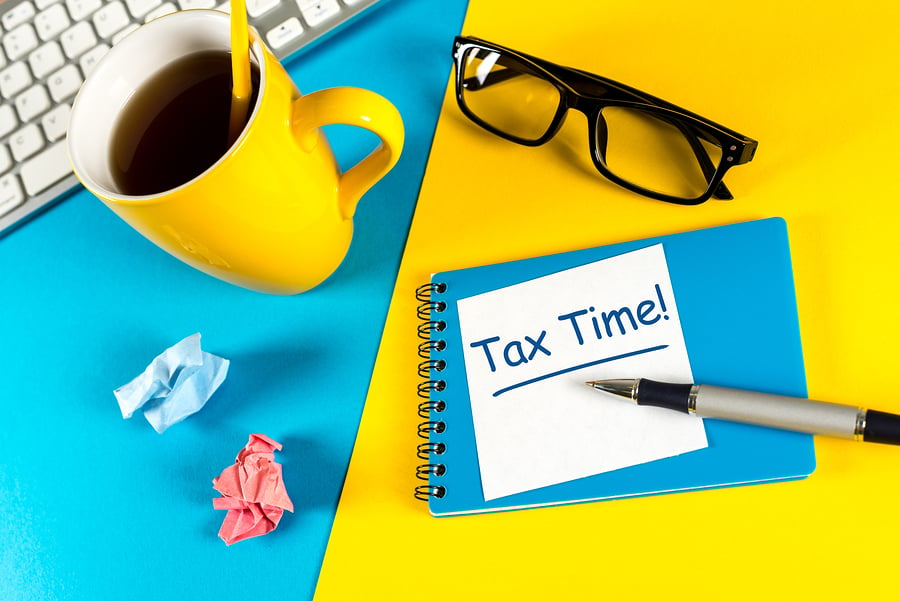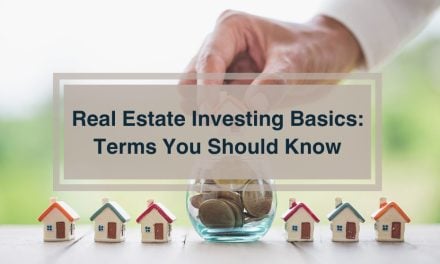
For real estate investors interested in unique opportunities, tax lien investing, available in select states, offers profit potential. In some states, unpaid property taxes lead to tax liens, which are purchasable at auctions. While this venue for investing is not for everyone, understanding the risks and rewards is key.
There are many different ways to become a real estate investor. One lesser-known method is to become a tax lien investor. This type of investment is only available in certain states, but it can be lucrative for experienced investors who have start-up capital. Here are a few things to know about utilizing tax liens for real estate investing.
What is a tax lien?
Every homeowner has to pay property taxes, even if they own their house outright. Property taxes help to fund public services, like schools, local parks, public libraries, and roads, as well as public safety workers, like police and firefighters. That’s why it’s important every homeowner in a community contributes in the form of paying property taxes.
Unfortunately, sometimes homeowners aren’t able to pay their property taxes. It’s possible their local government raised their property taxes, and they can’t afford them. In other instances, some people inherit property and don’t realize how high the property taxes are. Homeowners also fall on hard times or experience illness or job loss. Any one of these situations can cause a homeowner to be late paying their property taxes.
Not paying property taxes comes with more serious consequences than not paying other bills. Notably, if a homeowner doesn’t pay them, they will get what’s called a tax lien. A tax lien is a formal notice the government sends a homeowner who hasn’t paid property taxes. To put it another way, it’s a late payment warning that says if the homeowners fail to pay their property taxes, the government can take possession of the property.
What is tax lien investing?
In some states (but not all), the government can sell tax liens to investors in an auction, where the highest bidder takes ownership of the lien. This is called tax lien investing. It’s a win-win for the government and the investor. The investor pays the government the outstanding taxes and takes ownership of the lien.
If the homeowner doesn’t pay, the investor can take ownership of the property. Although this situation is rare, it’s a way to become a property owner that might not involve paying real estate listing fees or other costs associated with property transactions. If the homeowners do pay the taxes owed, the investor can still make a profit from charging interest on the debt.
How To Become A Tax Lien Investor
If you’re interested in becoming a tax lien investor, first make sure you live in a tax lien state. If you do, you might consider joining the National Tax Lien Association (NTLA) to learn more about tax liens. Also, contact your local government office to find out when tax lien auctions take place.
How To Acquire A Tax Lien
Getting a tax lien is an active investment process. It is not like other real estate investments, like purchasing shares of a REIT, where you can invest and wait for a return. With tax liens, you have to follow a few steps to make a profit.
Attend Tax Lien Auctions
First, you have to attend a tax lien auction. Sometimes, investors send someone on their behalf. If you’re new to tax lien investing, however, it’s a good idea to go to an auction to see what they’re Like.
Each community is different. Some of them will have very busy auctions, while others might only have a few bidders. Some auctions are held online. If you have questions about how an auction works or how to make tax lien investing profitable, you can speak to the government officials who put on the auctions.
Bidding
At auction, there will be a bidding process. Like many auctions, often the highest bidder wins the tax lien. Sometimes, though, the winning investor will be the person who offers the lowest interest rate.
Before the auction, you should be able to see which properties are available. Single-family homes are not the only type of eligible property. Often, liens for commercial buildings, land, or other types of property will be available. It’s a good idea to research these properties ahead of time to see how much the property taxes are, the value of the property, and if they’ve been delinquent on property taxes before.
Contacting The Homeowner
Once an investor gets a winning bid, they’ll have to fulfill specific requirements. Again, tax lien investing is an active process because investors have to notify homeowners within a specific period of time.
The interest rates tax lien investors usually charge homeowners vary. Some states have caps on how high the interest rates can be. Investors have to decide the right combination of bid and interest rate to ensure they earn money on their investment.
More often than not, tax lien investors make money from the interest homeowners have to pay on their late taxes, as opposed to taking ownership of a foreclosed property.
What Beginners Should Know About Tax Lien Investing
Although there are many benefits to tax lien investing, and many investors earn good returns, there are things beginners should know.
First, tax lien investing involves a significant amount of research. It’s helpful to contact someone who is an experienced tax lien investor who can teach you the ins and outs of the process.
This is also a type of investment that requires organization because you have to be aware of deadlines and government requirements. You also need to document your communication with homeowners and keep detailed records, especially if you move forward with the foreclosure process.
This is also a sensitive topic for homeowners who haven’t paid their taxes. It’s possible they have fallen on hard times or inherited a house with property tax rates they didn’t expect. They might be upset when getting notices in the mail since they are at risk of losing their homes. For beginners, it’s helpful to see how more experienced investors handle these interactions. If addressing these situations does not sound like a good fit for you, traditional methods for finding real estate deals may be a better option.
Go In Prepared
If you want to pursue tax lien investing as an income stream, there are a few things you should know. First, tax lien investing is an active process. Next, you’ll need to do significant research ahead of tax lien auctions to understand the value of the properties. Then, you’ll have to make a winning bid that still leaves room for profit.
Finally, you’ll have to follow a very specific set of guidelines and laws when it comes to contacting homeowners and getting payment to clear their lien. For many investors, this is a lucrative investing option, but it takes time and experience to learn how to invest in tax liens effectively.
Go in prepared
If you want to pursue tax lien investing as an income stream, there are a few things you should know. First, tax lien investing is an active process. Next, you’ll need to do significant research ahead of tax lien auctions to understand the value of the properties. Then, you’ll have to make a winning bid that still leaves room for profit.
Finally, you’ll have to follow a very specific set of guidelines and laws when it comes to contacting homeowners and getting payment to clear their lien. For many investors, this is a lucrative investing option, but it takes time and experience to learn how to invest in tax liens effectively.





